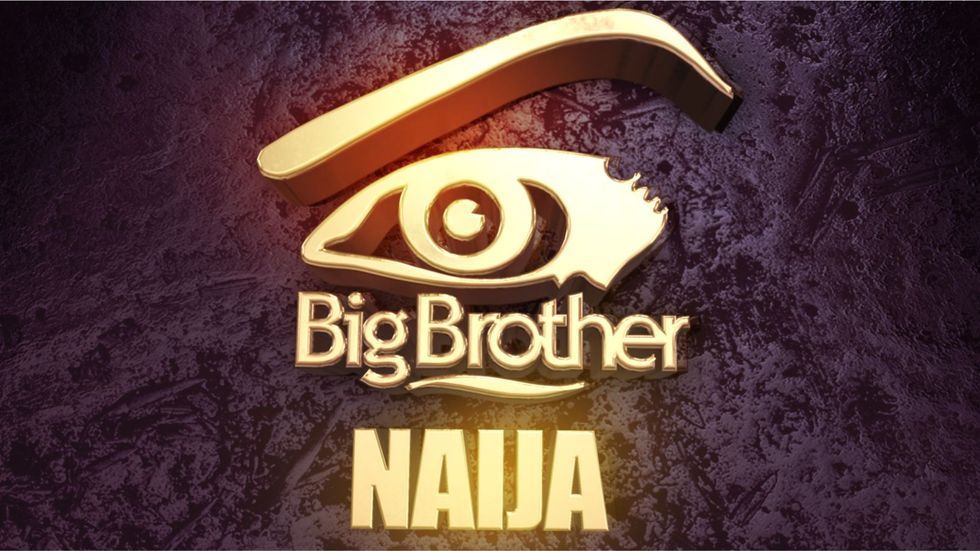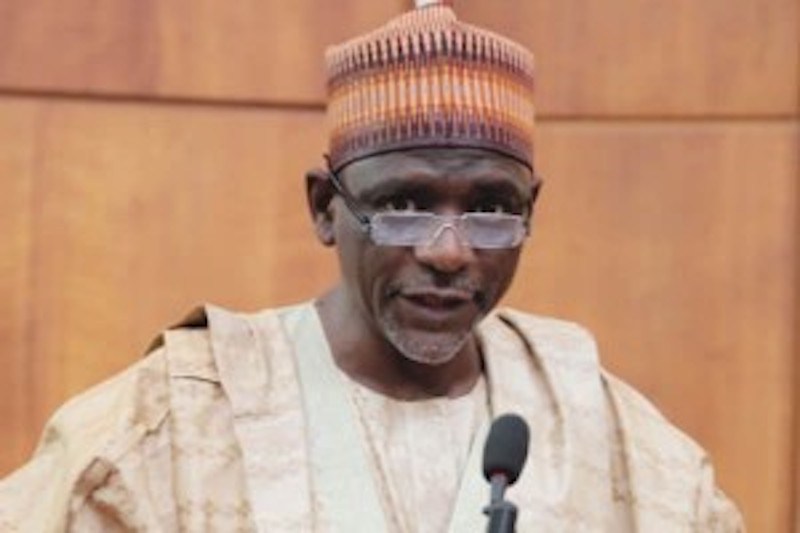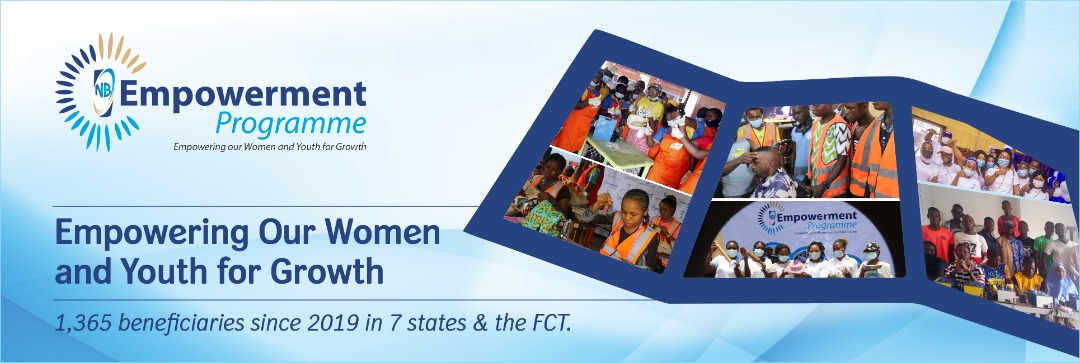Fifty-four Civil Society Organisations (CSOs) have reacted in a joint statement to the Minister for Education concerning the directive to remove Sex Education from the Nigerian Educational curriculum.
Read the full statement below
“In the aftermath of the 66th ministerial session of the National Council on Education held on November 3rd 2022, we have received with great disappointment the news of the directive by the Honourable Minister for Education, Hon Adamu Adamu, to the NERDC to remove sex education from the Nigerian educational curriculum.
This development is very unwelcome and erodes 20 years of progress made by the ministry of education and other state and non-state actors to provide wholesome education that meets the needs of learners at different levels. It appears the minister is very misinformed about Nigeria’s Family Life and HIV Education (FLHE) curriculum, the journey towards having this curriculum, and the impact for adolescents and young people.
The FLHE curriculum was approved by the same National Council on Education in 2002 because of the HIV/AIDS epidemic and the constant rising incidents among adolescents and young people. It became imperative to adopt strategies that will centre this vulnerable group at the heart of prevention and response, one of such strategies was the adaptation into the school curriculum.
In its own definition, the FLHE curriculum ‘is a planned process of education that fosters the acquisition of factual information, formation of positive attitudes, beliefs and values as well as development of skills to cope with the biological, psychological, sociocultural and spiritual aspects of human living’. The curriculum aims to provide information and skills that are necessary for young people to make rational decisions about their bodies, as well as information that can affect and change their behaviours positively as well as prevent the spread of HIV. There are six themes which are Human development, Personal skills, Sexual health, Relationships, Sexual behaviour and Society& culture. The information is delivered in an age-appropriate and culturally sensitive manner.
Anyone who has interacted with this curriculum would know that it is set to provide the support and guidance adolescents, and young people need to navigate through the changing phases of their lives that are so critical, and mostly experienced while they go through the basic and senior secondary education and would also know that this curriculum is not against any religious or cultural groups or teachings in this country. It is pertinent to mention that Parents, Teachers, Traditional & Religious leaders, policy makers and implementers across all states of the Federation were actively involved in the drafting of the content of the FLHE.
As with a curriculum that has been implemented for 20 years, huge resources have been invested in making this implementation effective both by government, donors, and civil society. From the research, numerous consultations, and workshops to effectively incorporate it in school subjects working with the NERDC, to training of teachers to be equipped to effectively deliver lessons and adapting various programs to support the efforts of the government to provide education that is meeting the needs of a learner in the 21st century.
The implementation addresses and supports learners to navigate experiences that come with their social, physical, and mental development. It provides the skills to foster positive relationships with parents, peers, and their communities and promotes healthy behaviour.
It is important to remind the honourable minister that a learner would have spent over 15,000 hours of their active time in school after 12 years of education. The socialization that takes place in school is critical because of the amount of time learners in formal education must spend there, which cannot be compared with the amount of time they have with their parents after school or before school. Recent stories that have gained public attention in the media involving adolescents and sexual behaviours including sexual violence in secondary schools one of such that has led to death of an adolescent in the FCT, have also pointed to the importance of providing accurate information for adolescents, and this cannot be left to the amount of time that learners of school age spend outside the academic environment, and not just for parents who clearly need the help of teachers in this regard. On that note, we crave the minister’s indulgence to realize that the Nigerian FLHE curriculum is not what he seems to believe but provides education that is lifesaving and can guarantee a future to look forward to. The curriculum covers sexual and reproductive health and beyond, it is the education that learners need to make positive decisions about their bodies, health, relationships and life. Their education is not just for now but will carry on for future as they will be prepared to support their families in the future. So, the FLHE is also preparing them to be better parents if they chose to be. Evidence says that parents who received such education are more likely to discuss these issues with their kids.
Recall that in June 2022, the Minister of Education signed on, on behalf of the government of Nigeria, to the Freetown Manifesto on Gender Transformative Leadership in Education, committing to among other things supporting strategies to address harmful gender norms in pedagogy. The FLHE is one strategy that the ministry of education has employed to achieve this. The recent declaration on sex education by the minister just depicts a lack of policy coherence.
It is also pertinent to mention the fact that Nigeria remains a secular state even if individuals are very religious, and for policy makers, decisions made should be based on addressing the needs of the people and informed by existing evidence from research and best practice on the issue.
With all that the education sector has been facing in these past months, we would expect the minister to focus on pressing issues like ensuring a permanent end to strikes in tertiary institutions, improving learning infrastructure and strategic proposals on how to reduce the number of out of school children especially girls, issues that must be addressed with sustainable solutions that will also position the education sector in Nigeria to be competitive among other nations in Africa.
After 20 years, the progress that has been made by government and its partners on the FLHE cannot be effaced by this declaration. We the civil society groups reject this sudden regression. We as Nigerian parents, educators, learners, and advocates are expecting conversations on how we will improve the quality of the delivery of the FLHE program as well as its long-term sustainability not a roll back of policy gains. We urge the 36 commissioners of education to properly inform the minister of the implications of such declaration and to fully support the FLHE implementation with allocation of adequate resources to reach millions of Nigerian learners with lifesaving information and skills to reach their full potentials.”
End
Endorsed by
-
African Network of Adolescents and Young Persons (ANAYD)
-
Alliances for Africa (AFA)
-
Association for Reproductive and Family Health (ARHF)
-
Association of Positive Youths in Nigeria (APYIN)
-
Bridge Connect Africa (BCA)
-
Cara Development Foundation (CDF)
-
Cedar Seed Foundation
-
Centre for Girl’s Education Africa (CGE)
-
Child and Youth Protection Foundation
-
Child Shield Initiative
-
Coalition to End Child Marriage in Nigeria
-
Deaf Women Aloud initiative
-
DoFoundation International
-
Dorothy Njemanze Foundation (DNF)
-
Education as a Vaccine (EVA)
-
Girl’s Power Initiative (GPI)
-
Girl’s Voices Initiative
-
Girls Pride Foundation
-
Greater Women Initiative for Health and Right (GWIHR)
-
Initiative For Women’s Health Development And Rights Protection (WRAHI)
-
International Centre for Sexual Reproductive Rights (INCRESE)
-
International Federation of Women Lawyers (FIDA) Imo Chapter
-
International Federation of Women Lawyers (FIDA) Imo Chapter
-
Intersex Nigeria (Centre for Healthcare Development and Youth Empowerment)
-
Kids and Teens
-
Maife Lincoln Peace Front for Development Initiative
-
Okaha Women and Children Development Organisation
-
South East Professional Woman Association of Nigeria and Diaspora (SEPWAND)
-
Stand With a Girl Initiative (SWAG)
-
Sustainable Collective Advocacy for Africa Development Initiative (SCAAD)
-
Sustainable Impact and Development Initiative
-
The Initiative for Equal Rights (TIERs)
-
Today For Tomorrow Foundation (TFT)
-
Vision Springs Initiative (VSI)
-
Women Africa
-
Mordecai Care Foundation of Nigeria
-
Okaha Women and Children Development Organisation
-
Orah Bayit Foundation
-
Organization for Public Awareness on Child and Women’s Rights (OPACTS)
-
ProjektHope
-
Rainbow Watch and Development Centre
-
Sheroes Rising Development Initiative
-
South East Professional Woman Association of Nigeria and Diaspora (SEPWAND)
-
Stand With a Girl Initiative (SWAG)
-
Sustainable Collective Advocacy for Africa Development Initiative (SCAAD)
-
Sustainable Impact and Development Initiative
-
TechHer NG
-
The Initiative for Equal Rights (TIERs)
-
TMRS Consulting
-
Today For Tomorrow Foundation (TFT)
-
Vision Springs Initiative (VSI)
-
Wanda Adu Foundation
-
Women Africa
-
Women Inspiration Development Centre

















